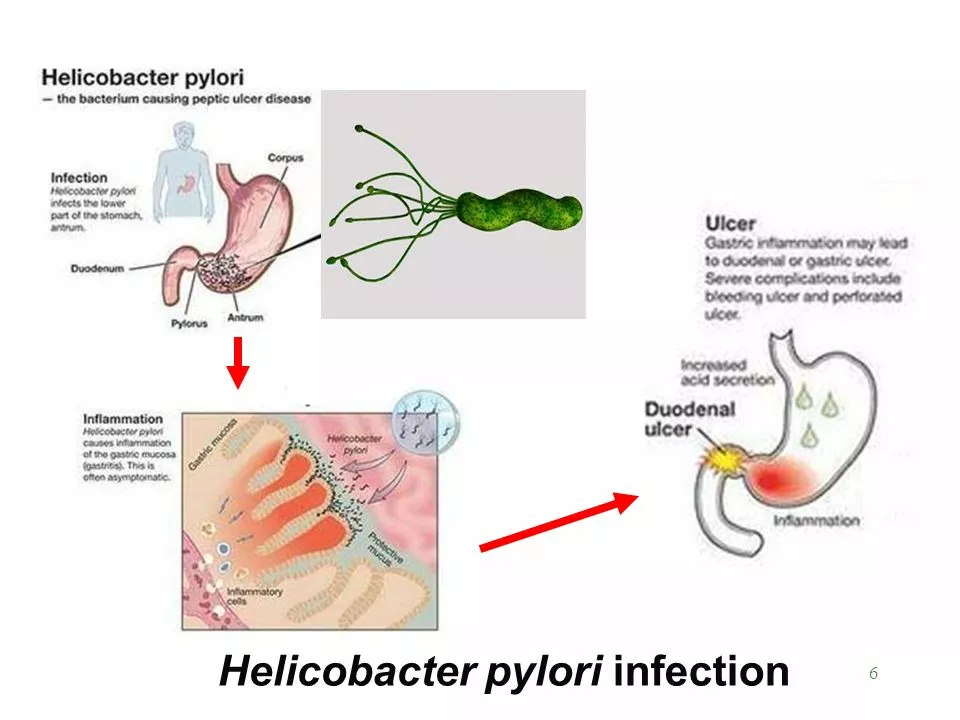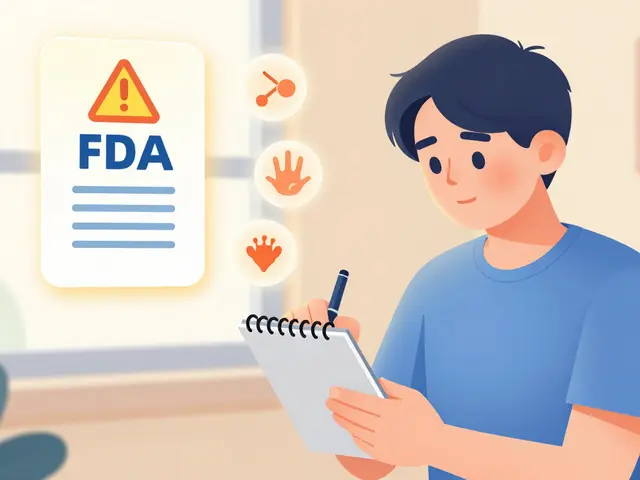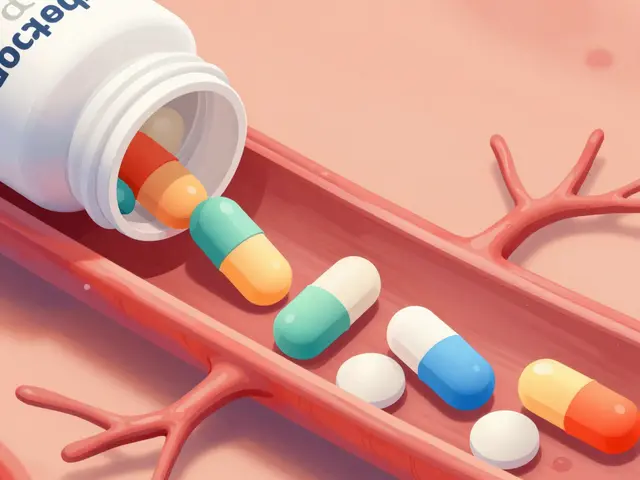Helicobacter pylori: what it is and why you should care
Half the world carries Helicobacter pylori in their stomach, yet many people never notice it. When H. pylori causes trouble, you’ll see it as persistent heartburn, burning stomach pain, bloating, nausea, or even unexplained iron deficiency. Left untreated it can lead to ulcers and, rarely, increase stomach cancer risk. The good news: tests and treatments work well when used correctly.
Signs and testing
H. pylori symptoms vary. Classic signs are burning pain between meals or at night, burping, loss of appetite, and dark stools if bleeding occurs. But lots of people have no symptoms, so testing usually starts when you have an ulcer, ongoing dyspepsia, or unexplained anemia.
The best noninvasive tests are the urea breath test and the stool antigen test. Both show active infection and are preferred for diagnosis and for confirming cure. Blood antibody tests only show past exposure and aren’t great for follow-up. If symptoms are severe or there’s bleeding, your doctor may recommend an endoscopy with biopsy — that’s more invasive but gives more info.
Quick tip: stop proton pump inhibitors (PPIs) for about 2 weeks and antibiotics or bismuth for 4 weeks before breath or stool tests, so results aren’t falsely negative. Ask your clinician before stopping any meds.
Treatment, resistance, and what to expect
Treatment mixes antibiotics with an acid reducer. Common regimens run 10–14 days and may include clarithromycin plus amoxicillin, or metronidazole and tetracycline in quadruple therapy with bismuth. Because antibiotic resistance has risen, many doctors now prefer bismuth quadruple therapy or tailor choice based on local resistance patterns.
Finish the full course even if you feel better after a few days. Side effects are usually mild — diarrhea, taste changes, or nausea — but call your provider for severe reactions or allergy signs. Some people find taking a probiotic reduces diarrhea during treatment, though probiotics don’t replace antibiotics.
Plan a test of cure about 4 weeks after finishing antibiotics (and 2 weeks off PPIs) using a breath or stool test. If the bacteria remain, a different antibiotic combo is needed; don’t repeat the same failing regimen.
To lower the chance of catching or spreading H. pylori, practice basic hygiene: wash hands, drink safe water, and avoid sharing eating utensils in households with known infection. If a family member tests positive, ask your doctor whether others should be screened.
Questions to bring to your visit: Which test do you recommend? Do I need endoscopy? What exact drugs and side effects should I expect? Will you arrange a test of cure? Clear answers make treatment smoother and safer.
I recently came across some fascinating research that showed a connection between ulcers and a bacteria called Helicobacter pylori. It turns out that this bacteria is responsible for a majority of stomach ulcers, contrary to the popular belief that stress and spicy food cause them. H. pylori infection can be treated with antibiotics, which can help heal the ulcers and prevent their recurrence. I'm relieved to know that this new understanding of ulcers can lead to more effective treatments for those who suffer from them. It's amazing how medical science continues to uncover new information and improve our lives!



